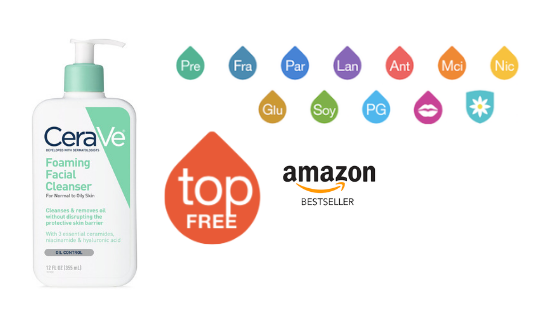You’ve probably read the articles or seen the stories on television touting a diet that includes at least three servings of fish a week. Certain types of cold water fish are known to contain healthy amounts of omega-3 essentially fatty acids, which research has shown can be extremely beneficial to our health. We’ll get into that more later on, but for now, suffice it to say that for some of us, planning our meals around things that swim is no big deal—I adore fish and could eat it probably 10 times a week instead of just a few. But for others, the thought of eating fish even once a week can make them get gaggy.
But don’t despair, fish oil capsules are readily available and they can provide even the pickiest non-seafood eater with all of the benefits of omega-3 essential fatty acids, or EFAs. But before we go even further talking about fish oil, let’s start at the beginning and talk about what omega-3 EFAs are and why we should try to get them in our diets.
You’ve probably heard how being in the sun for awhile helps our bodies make vitamin D, right? Mother Nature arranged for our bodies to be pretty good at making certain forms of needed nutrients, and vitamin D is a good example of this. I don’t know if she was on her coffee break when EFAs were being discussed or what, but basically, EFAs are extremely important to our overall health and well-being, and yet our bodies make absolutely none of them. We have to rely on our diets to get the EFAs that we need for good health. EFAs have been linked in studies to combat and help a huge list of health concerns, ranging from skin conditions like eczema and psoriasis to depression and arthritis. The EFAs found in fish oil have been specifically connected to a lot of heart-related issues like lowering cholesterol, blood pressure, and keeping our arteries healthy and happy and our platelets from sticking together.
In case you are wondering what EFAs have to do with omega-3, stay with me for a minute. EFAs are the blanket term for the type of fatty acid our bodies need for good health, and omega-3 is a specific type of EFA. In a way, “EFA” is like the word “cars” and omega-3 is like “Honda”—it’s a specific example of the larger term. We also have additional EFAs in our diet called omega-6 and omega-9 (maybe Toyota and BMW?) But overall, omega-3 tends to be the most prevalent and the one that you hear about the most in articles and news stories.
Okay, you might be thinking, I’ll get the EFAs or omega-3 or whatever from my diet—that’s no big deal, right? Well technically, it shouldn’t be a problem to get enough EFAs in our diet, but in the real world it usually is. Way back when, when diets were healthier and people didn’t eat a lot of processed foods and fast foods, chances are good they got enough EFAs from their food. But these days, with our soils not being as mineral-rich as they once were and our typical daily food regime not being as healthy as it should be (at least some of the time), we are probably all pretty low on EFAs. One study suggests that the vast majority of us are woefully deficient in EFAs. Some researchers and nutritionists even agree that many of the health problems we are starting to see in epidemic form stem from this lack of EFAs.
In the second portion of this article, we’ll look at how the specific omega-3 EFAs found in fish oil can be extremely beneficial for our health, especially when cardiovascular health.
References:
http://www.wholehealthmd.com
http://www.mayoclinic.com/health/fish-oil/NS_patient-fishoil






Add a CommentComments
There are no comments yet. Be the first one and get the conversation started!